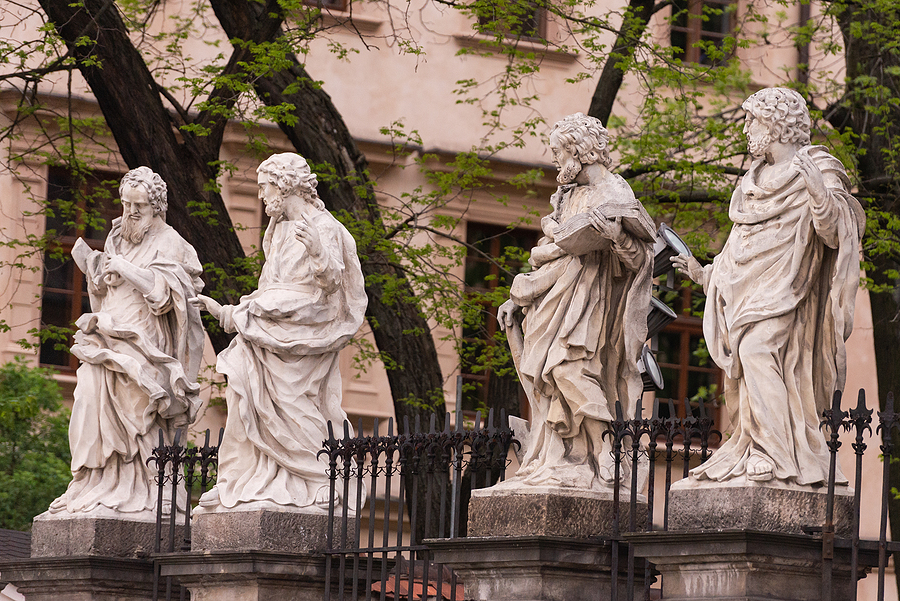
Beyond the Hands and Feet of Christ
Beyond the Hands and Feet of Christ
A recent pastoral prayer I heard reminded me that it’s time to up your prayer game beyond praying to be the hands and feet of Christ. Longing to be a mere appendage of Christ is aiming too low. Rather than being the hands and feet of Christ, aim for the consciousness of Christ.
While Teresa of Avila popularized the idea that “Christ has no body but yours; No hands, no feet on earth but yours,” the scriptures make an even bolder assertion. You “have the mind of Christ.” (1 Cor 2:16)
While being the hands and feet of Christ denotes doing good deeds and offering compassionate service, having the mind of Christ denotes unity with God. The truth is anybody can do good deeds. (And thankfully, many, many people do.) But you are called to more than that. You are called to operate from divine consciousness. This consciousness is what enables the move from discipleship to apostleship, and from believing in Jesus to believing like Jesus.
As I write elsewhere belief in Jesus means trusting in his power, his love, his teachings, and his saving grace. This is the kind of faith commonly taught in church. You’ll hear this motif reflected in songs and hymns, sermons and Bible studies, as well as children’s messages and youth curriculum. It is the focus of much teaching on salvation. Belief in Jesus is the stuff of discipleship.
But having the mind of Christ, of believing like Jesus, is more apostleship than discipleship. This divine consciousness leads to a deep knowing that you are one with God and one with the Holy Spirit. With it, you cultivate an unwavering trust in your life purpose. You have rock-solid faith that all things are possible. As a result, you entertain an ever-ready expectancy of miracles. Most of all, with the mind of Christ, you live in constant communion with, and surrender to, God. Here’s the bottom line. When you have the mind of Christ, you operate in an elevated state of consciousness in which there is no separation between humanity and divinity, between you and God.
I can’t help but wonder what would happen if we prayed for the consciousness of Christ. When the disciples moved into the apostolic mode Peter healed a paralyzed man. Paul and Silas sang in jail until the chains broke. Mere shadows of the apostles caused people to heal. The apostles oversaw the rapid multiplication of the church, with thousands upon thousands becoming believers.
What could be possible now, in these post-pandemic times? What new visions might you dream? Are there new miracles you might manifest? New areas of growth you might shepherd?
Learn more about our step-by-step approach that moves you from discipleship to apostleship: Creating a Culture of Renewal®






